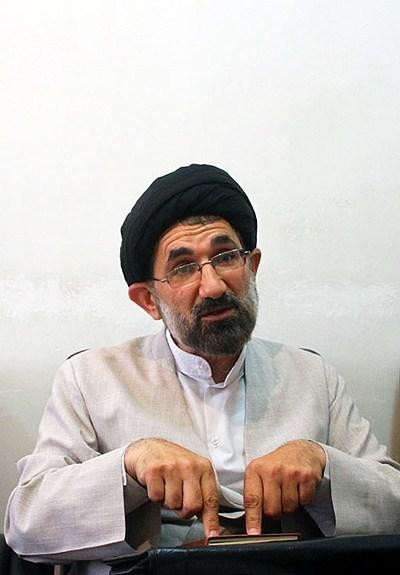
Rasa News Agency reports - Hujjat al-Islam Sayyed AbdolMajid Eshkevari, a teacher in the seminaries and universities of Qom, has said that the first principle of cultural management concerns religion: “The person who assumes this responsibility [a managerial position] should seek to advance religion.”
This issue is a key part of Iran’s economic strategy as the Supreme Leader, Ayatollah Sayyed Ali Khamenei, has declared the Iranian year 1393 (2014-2015) the “Year of Economy and Culture with National Determination and Jihadi Management.”
Hujjat al-Islam Eshkevari explained that the mismanagement of culture work has damaged the country: “The most important reason for the cultural damage in Iran is that words and policies which are contrary to Islam have been accepted. The authorities should consider their words and actions carefully!”
In describing the tasks of cultural managers, Hujjat al-Islam Eshkevari said: “Understand that cultural institutions will solve the problems they face by hiring those who support the [Islamic] Revolution and those who are religious. It is an important duty to hire people with the proper skills and characteristics.”
He emphasized that one of the important features of cultural management is to have a spirit of resistance: “Patience, resistance and sincere hard work are three important elements of cultural management.”
Hujjat al-Islam Eshkevari stated that jihadi management has many characteristics: “The most important characteristics of a proper jihadi manager is someone who is a hardworking and selfless person. This person has an intent to sacrifice and strive to achieve the goals of the Islamic system and knows that his work is effective in the advancing the Islamic system. For this reason, his work is blessed by God.”
Early this year, Ayatollah Khamenei described jihadi management as “work and efforts with a divine intention and based on knowledge and wisdom.” He also added that if this is dominant, “the country’s problems at the current time of Satanic pressure from the world powers and at other times, can be solved, and the country will continue moving forward.”
Hujjat al-Islam Eshkevari also explained the characteristics of proper cultural management: “A cultural manager must understand that education is a community responsibility and that educational administration has a critical role in society. Thus, a proper manager must understand his cultural duties from an educational perspective.”
111/112